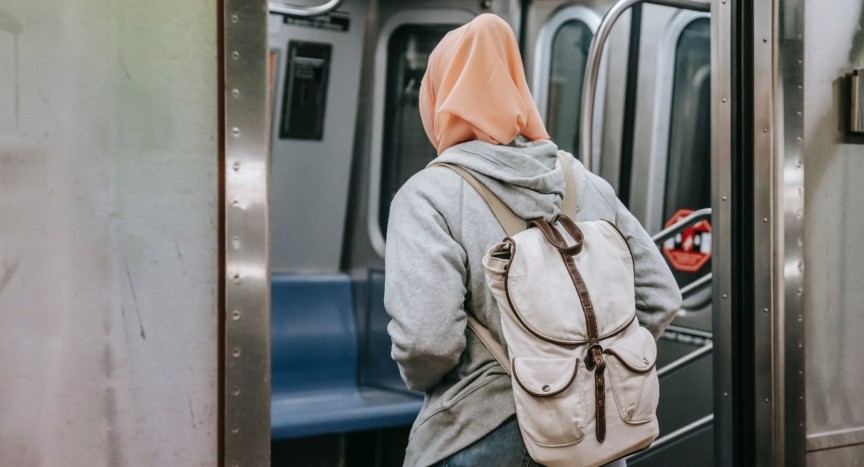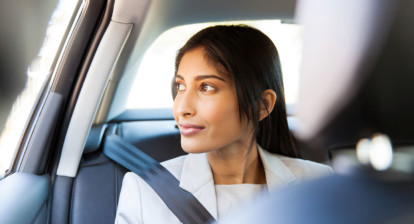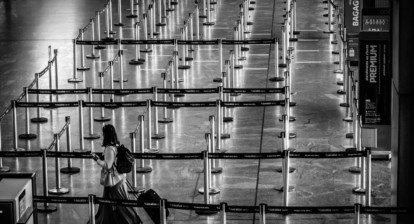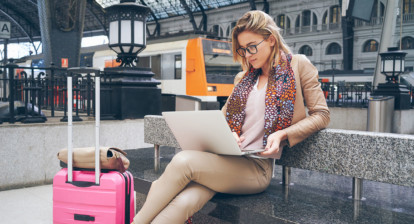1. Research your destination
Always research your destination. Think about the issues that may occur on your trip and how to mitigate those. This will help you to travel more safely and to be equipped to deal with any situations. It is also useful to find out how women are perceived in the destination country, if there are any gender specific cultural or legal restrictions and if there are any particular risks for female travellers that you should be aware of.
For any high risk travel, thorough country and area risk assessments should be conducted to mitigate risks and reduce the likelihood of being exposed to any threats.
2. Always be in touch with someone
Always make sure that your trusted contact knows your itinerary, may it be your employer, family, friend or your emergency assistance company.
3. Know your limits
If you are feeling uncomfortable or threatened, try to remove yourself from the situation and don’t be afraid to say no. Always trust your instincts. If somebody steps over your boundaries or makes you feel uncomfortable, it is your right to ask them to stop. If you are not able to defuse the situation calmly or to remove yourself – escalate. It is acceptable to make a loud noise to alert others to your situation and to ask for help.
In London, the Metropolitan Police Service is working with venues across the city to help prevent and reduce sexual violence and vulnerability. If you are made to feel uncomfortable, you could ask a member of staff for ‘Angela’ (code word), they will understand the situation and call for a taxi or help you to leave discreetly.
4. Be discreet
Do not let strangers know details of where you are staying or where exactly you are going. Be aware of how much information you give away about yourself whilst speaking on your mobile phone in a public place or on public transport. Be careful with social media and do not post details about your location and whereabouts. If you post photos, turn the location notification off so your current location cannot be identified.
5. Dress in sympathy with surrounding culture
Understanding why cultural differences matter is key to safe travel. Many women from western cultures will dress differently from those in the Middle East or Africa. Defying these customs may be strictly forbidden in some societies and put you at risk. Understanding local customs and dress codes for women, together with the cultural rules that exist in the country of travel, is key for being prepared.
6. Always know where you are
Pay attention to your surroundings and know where you are going. Before venturing out of your hotel or accommodation, write down the name and address of where you are staying in case you need to communicate it to your taxi driver. Do your research and be aware of the areas and neighbourhoods that are not safe.
7. Always buy your own food & beverages
It is important to be aware that drink spiking does not only occur in the night clubs and bars. Coffee, tea and other beverages could also be spiked and there have been instances when drink spiking has occurred during business meetings. Be aware of leaving your drink unattended and be wary of drinking anything that has been offered to you that you have not opened yourself. Be wary of also accepting snacks, gum, or cigarettes from new acquaintances. So-called “date-rape drugs” – usually prescription-strength sleeping aids – are tasteless and colourless and can leave you unconscious and defenceless. If you suspect that you have been drugged and feel unwell, try to get help as soon as possible.
8. Avoid dark areas or walking alone at night
Try to avoid walking by yourself at night, especially in cities or areas that you are unfamiliar with. Steer clear of isolated situations that could put you at risk. When visiting higher risk destinations, consider carrying a small torch with you and place it somewhere nearby your bed in case you have to find your way out of the room quickly in the dark.
9. Use taxis from reputable companies
Always use a taxi or licensed minicab and never hail a taxi on the street. Make sure you use reputable taxi companies. Ask your hotel for a name of a reputable taxi company or ask them to make your booking.
Always confirm the driver’s details when they arrive. Ask the driver who they are waiting for, do not give your name beforehand. Be mindful when sharing personal or sensitive information with the driver. If you are travelling on your own and are feeling uneasy, make a (even if it is pretend) phone call to a friend/colleague/family and say that you will meet them shortly – this is to give an indication that someone is aware of your journey.
10. Take a door stop with you
Take a small rubber doorstop with you and use it to wedge the door shut. This will help to prevent it being opened from the hallway. It is not uncommon that rooms are wrongly assigned and a door stop may help in situations when an another guest may wish to enter the room. The door stop is easily slipped out of the way if you wish to get out or let someone in.





